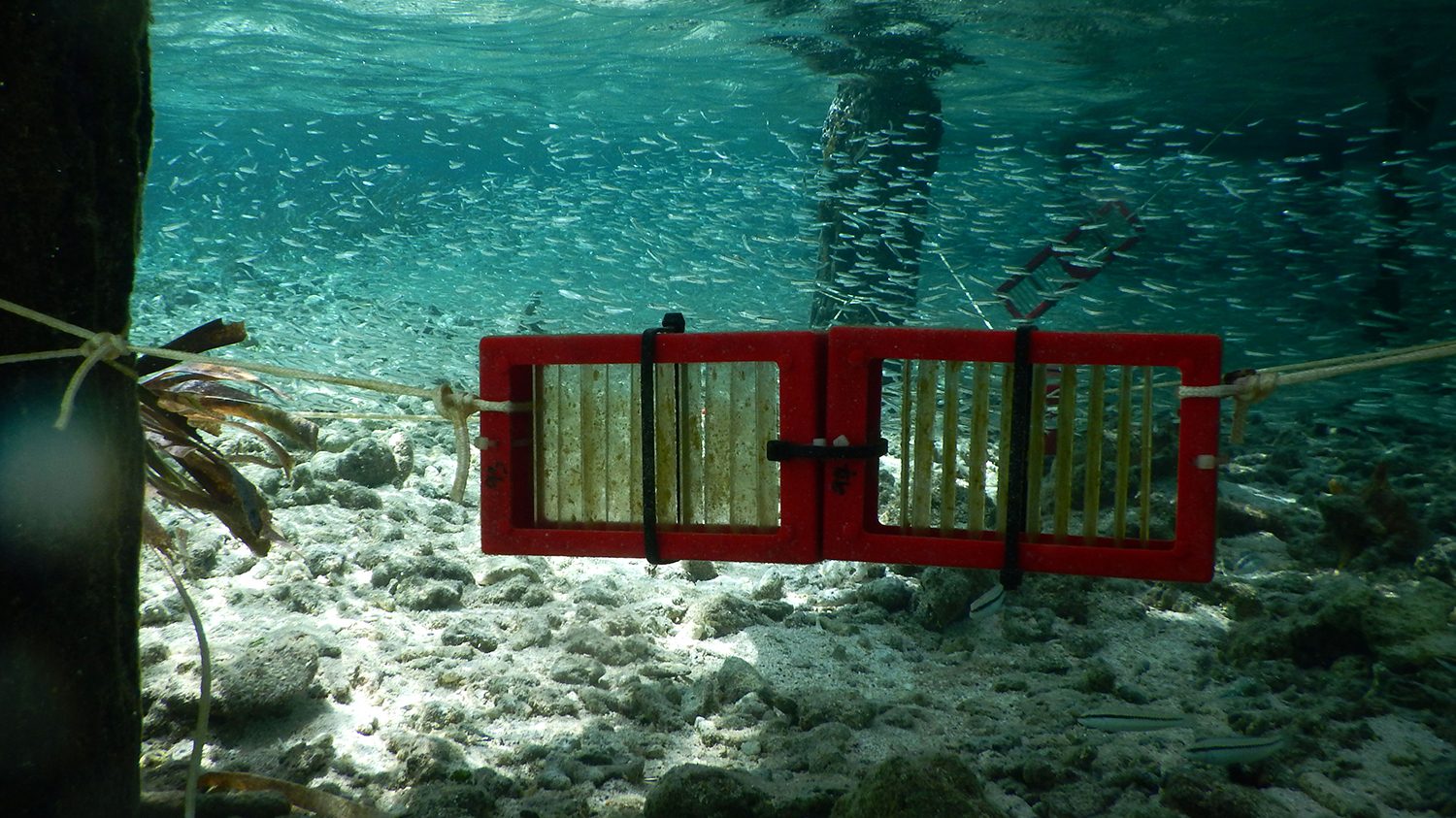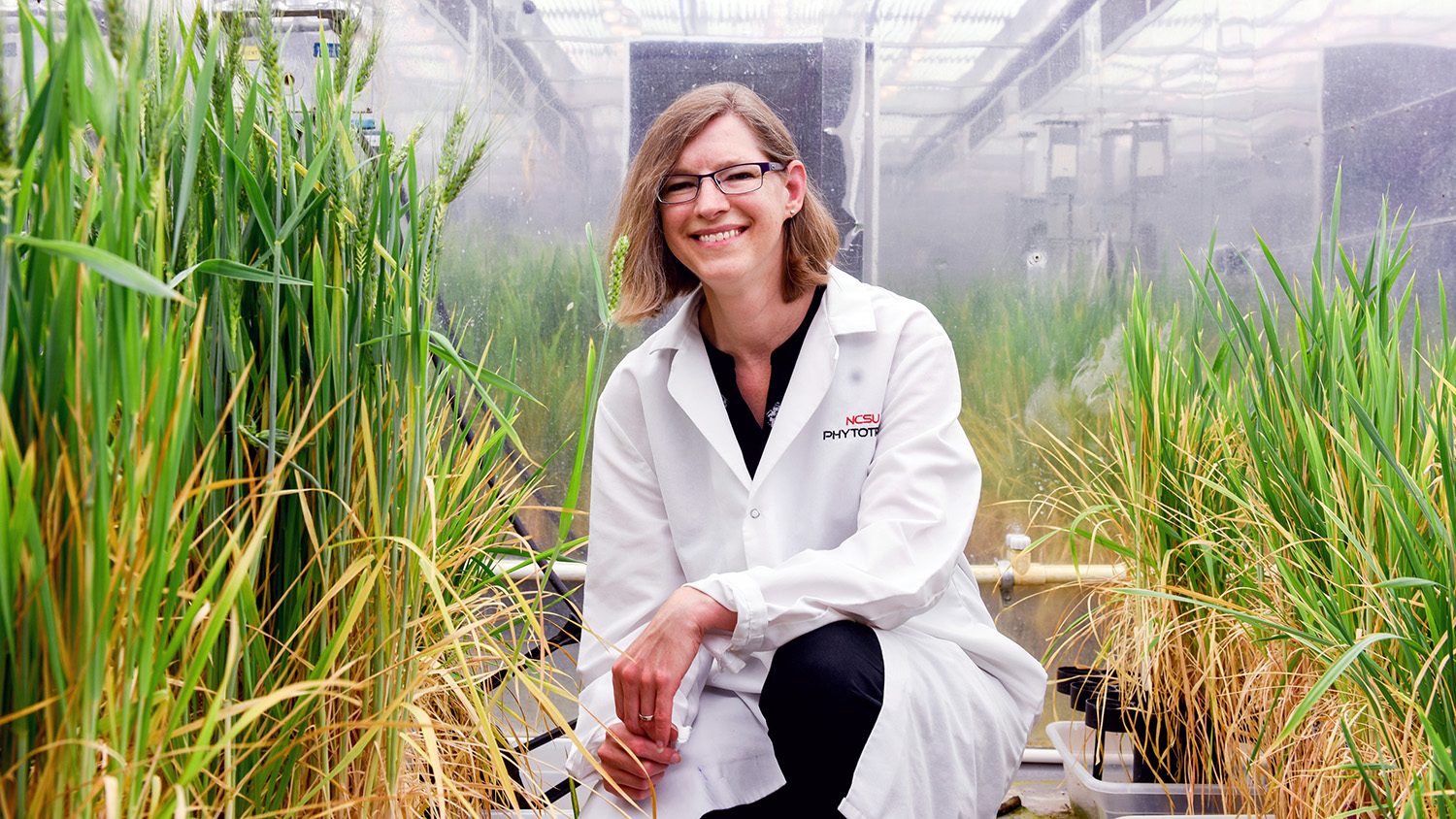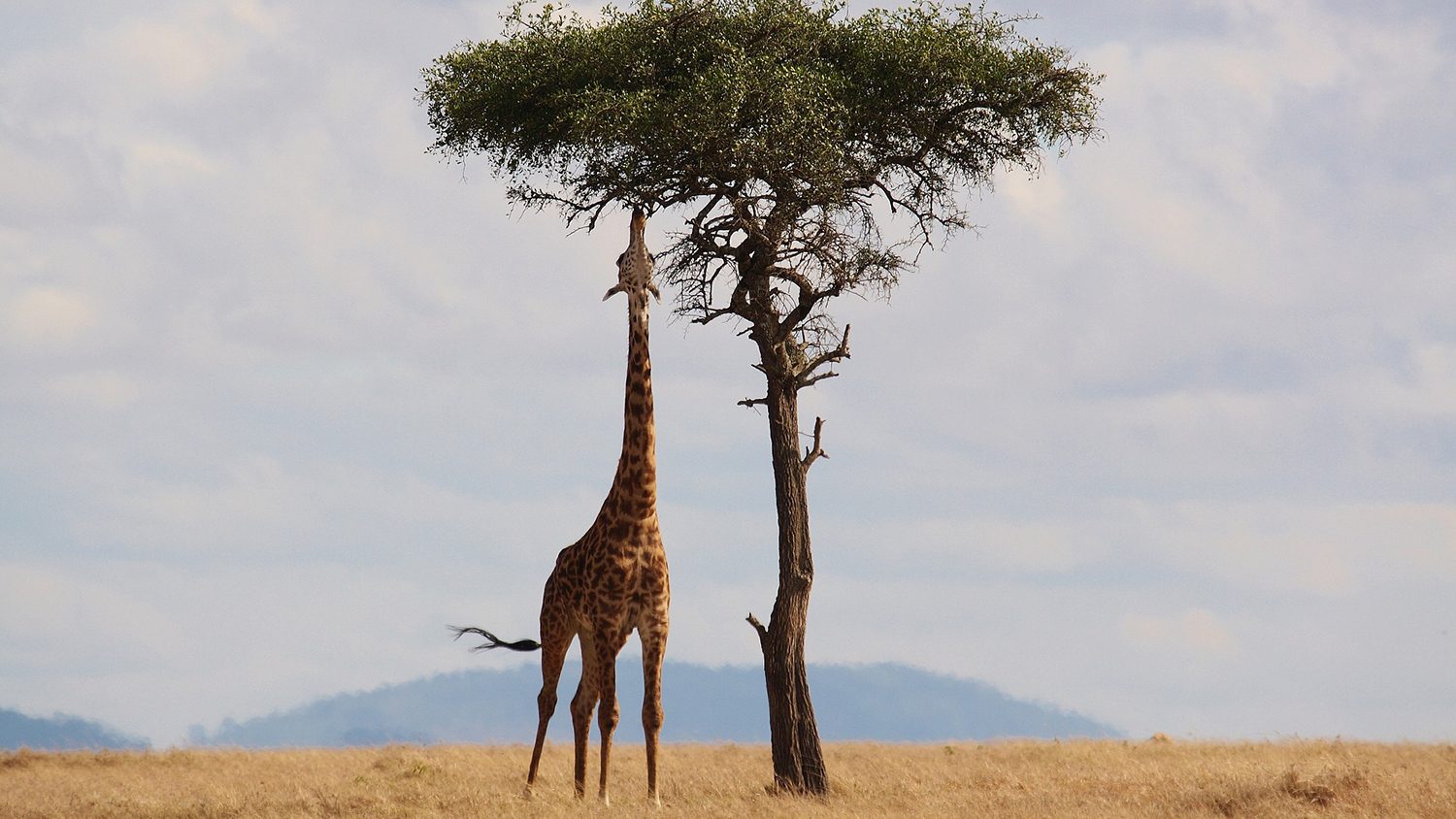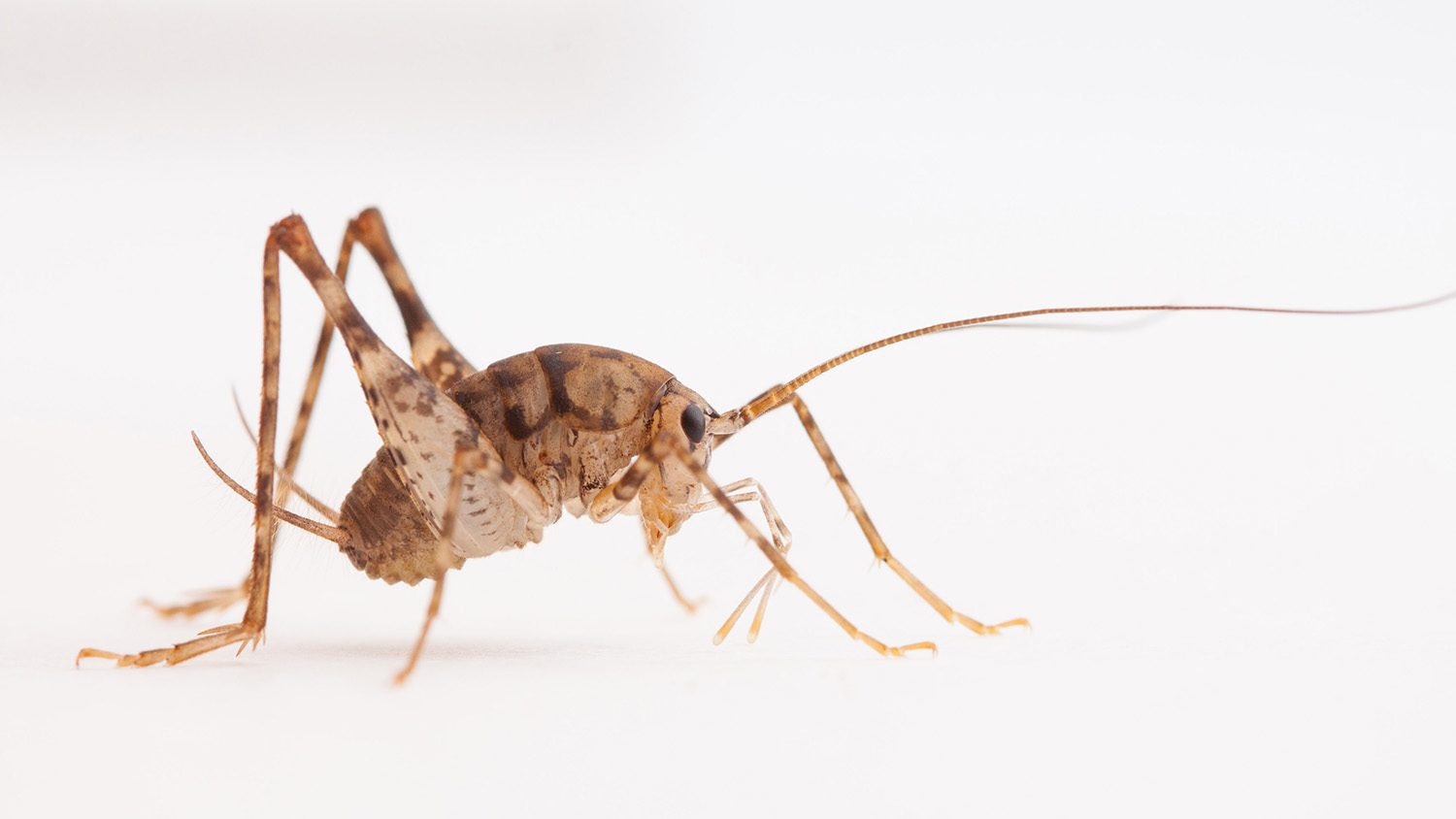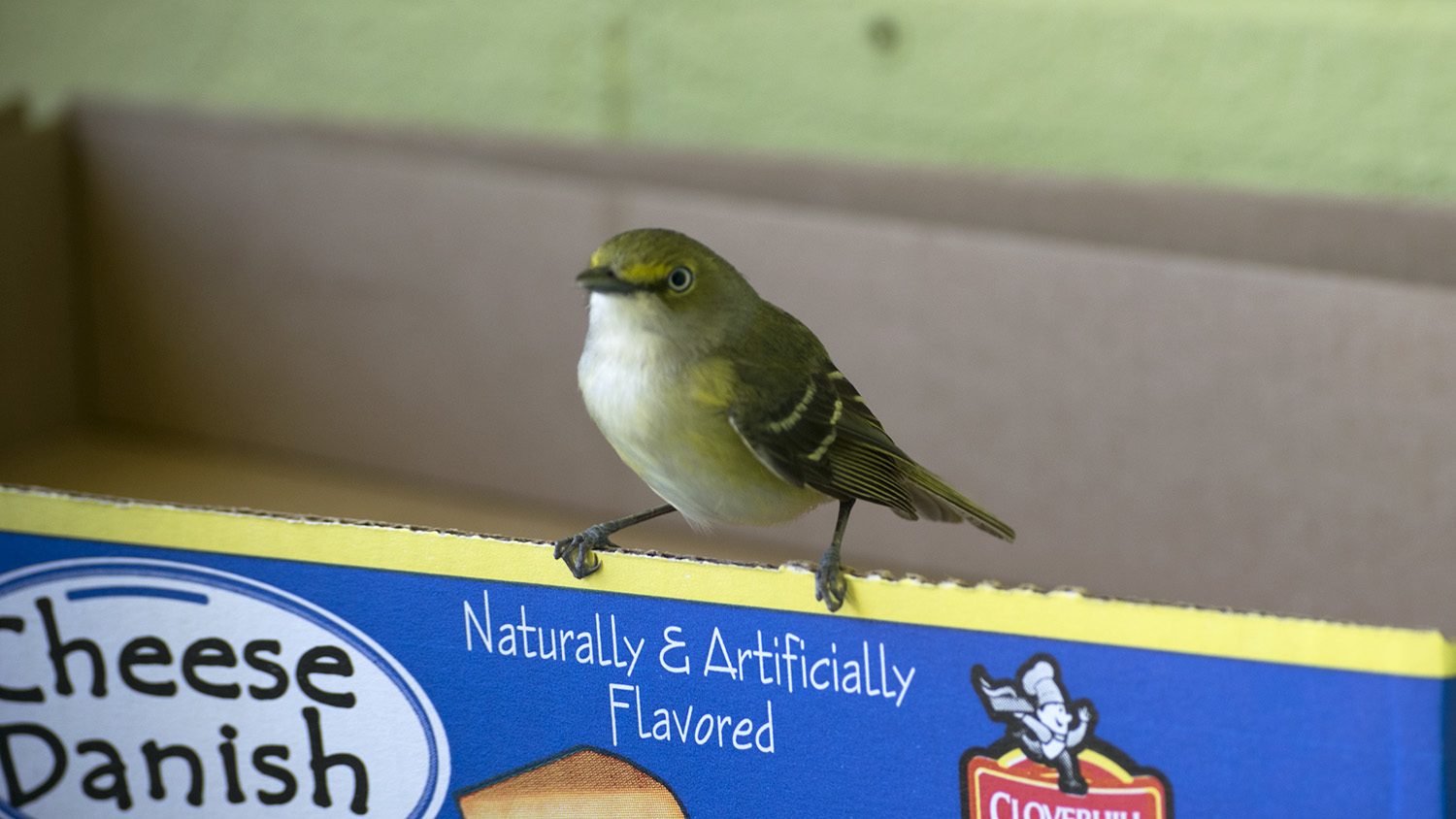Staff
This Comic Creator Hopes His Terrible Ideas for Producing Energy Will Inspire You to Think of Better Ones
TimeYour backyard has lots of easily reachable space — could you trigger vacuum decay and solve the world’s energy problems forever? To answer this question, I contacted astrophysicist and end-of-the-universe expert Katie Mack, who teaches at NC State.
Mathematical Model Could Help Correct Bias in Measuring Bacterial Communities
Researchers from North Carolina State University have developed a mathematical model that shows how bias distorts results when measuring bacterial communities through metagenomic sequencing.
What Does the Universe Look Like?
We asked NC State Sciences professor Katie Mack and NC State Engineering professor Laura Bottomley to answer some popular out-of-this-world questions.
Deceptively Simple: Minute Marine Animals and Microbial Dark Matter
A team of scientists, including CALS’s Manuel Kleiner, has discovered that tiny marine animals known as Trichoplax live in a sophisticated symbiosis with two types of bacteria. Their study appeared recently in the journal Nature Microbiology.
Crop Resilience is Focus of New Interdisciplinary Research
Research suggests that microbes in the soil, roots and leaves have important impacts on plant health and productivity. Now, new interdisciplinary research at North Carolina State University and three Danish universities will examine the roles of plant-associated microbes and their interactions with plants. The goal is to help make crops more resilient against environmental stresses…
Framework Improves ‘Continual Learning’ For Artificial Intelligence
Researchers have developed a new framework for deep neural networks that allows artificial intelligence (AI) systems to better learn new tasks while “forgetting” less of what it has learned regarding previous tasks.
New Technique Cuts AI Training Time By More Than 60 Percent
New artificial intelligence training technique reduces training time for deep learning networks by more than 60 percent without sacrificing accuracy.
U.S. Indoor Climate Most Similar to Northeast African Outdoors
Americans are most comfortable indoors when their climate is like that of the northeast African outdoors – warm and relatively dry.
Cricket Bacteria Break Down Lignin, Highlighting Ecology’s Utility in Applied R&D
Researchers have discovered that a bacterium found in camel crickets is capable of breaking down lignin, opening new research pathways for biofuels and chemical manufacturing.
Triangle Bird Count Survey Seeks To Shed Light On Urban Wildlife
A new bird population survey focuses on getting a better understanding of the birds that live in Raleigh, Durham and other urban centers.

